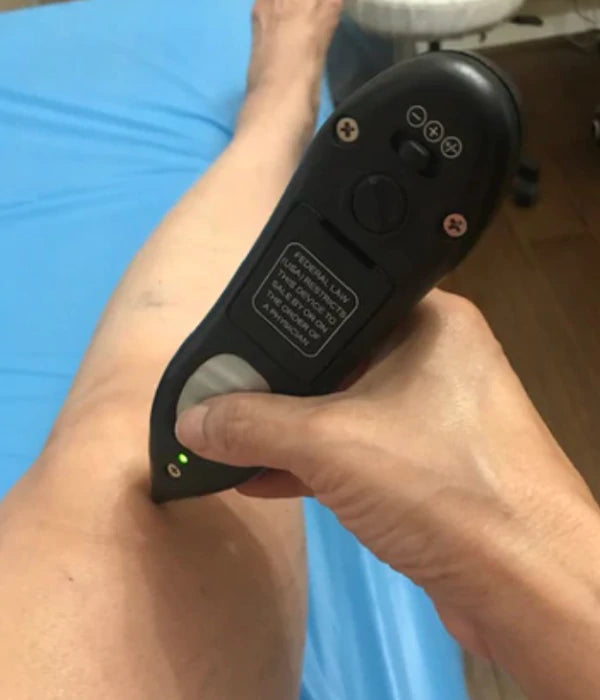HOMEOPATHY
Homeopathy is based on three ideas.
- The law of similar
- The idea of a minimum dose
- Individualized treatments.
EDUCATIONAL SEGMENT
“Homeopathy was developed by a German doctor, Samuel Hahnemann almost 200 years ago. During this time the practice of medicine consisted of purgatives, bloodletting, and the use of harsh doses of whatever drugs and herbs they had available. Hahnemann was not impressed with these methods and refused to concede that this was the only way. One day, he decided to do some experimentation and obtained some "cinchona officinalis", or Peruvian bark. This was a plant used in South America to treat malaria. Hahnemann discovered that if a healthy person was treated for malaria, he developed the exact symptoms of malaria.”
“This became the first premise of homeopathy: "Like cures Like". The plan was to find a substance that would create an "artificial disease" in the person that would push against his illness and provide a cure. The key here was to find the closest match to the symptoms the person was experiencing.

Hahnemann and his students then began the quest to test out as many different drugs as they could and carefully recorded their experiences, including the mental and emotional symptoms.”
“The second part of homeopathy is the idea of minimum dosage. Hahnemann tried to determine how small a dose could be and still be effective. As Hahnemann was diluting the doses, he made an interesting discovery. The more diluted the substance, the better it worked to treat people and with fewer side effects. Hahnemann developed a process where the homeopathic solution was diluted and succussed (shaken repeatedly). He found that the diluting was not enough, and shaking was not enough. By doing both, he created a medicine that was effective and gentle.”
“The third and hardest part of Homeopathy is the concept of individual treatment. Each person will manifest an illness differently; for example, people react differently to the “flu”, the remedy selection is not done by the illness of "the flu", but in the unique pattern of symptoms. A Homeopath visiting this house would likely prescribe different remedies for each person.”
Homeopathy is incredibly powerful, and effective. Homeopathy has lost popularity in America because it is time and work-intensive. The remedies are so inexpensive, so there is little monetary motivation to develop them and it is optional.
Complex and long-term cases require a knowledgeable practitioner and time to determine the right remedy.
